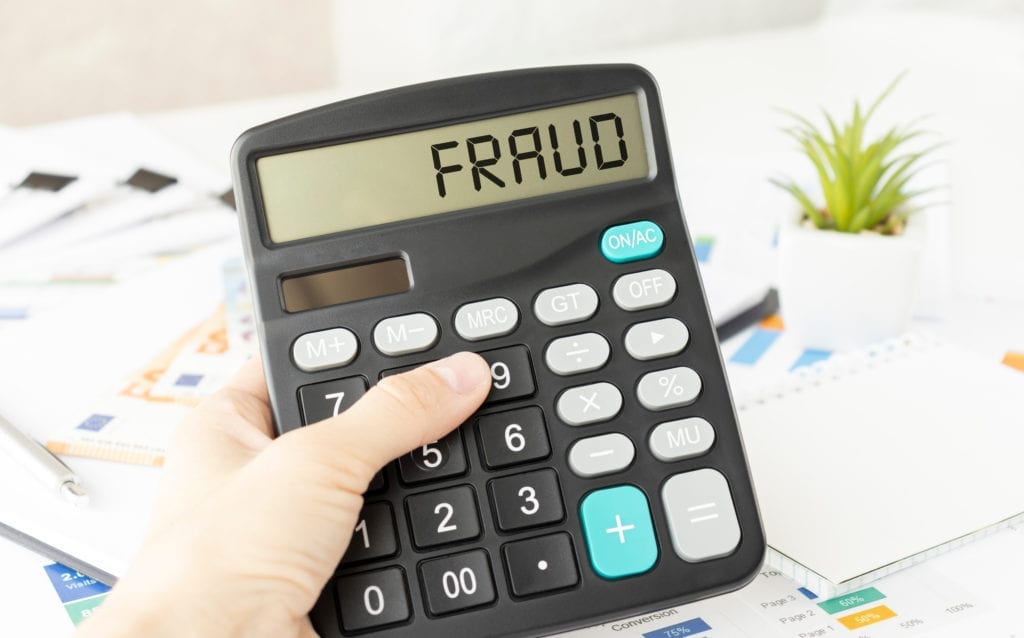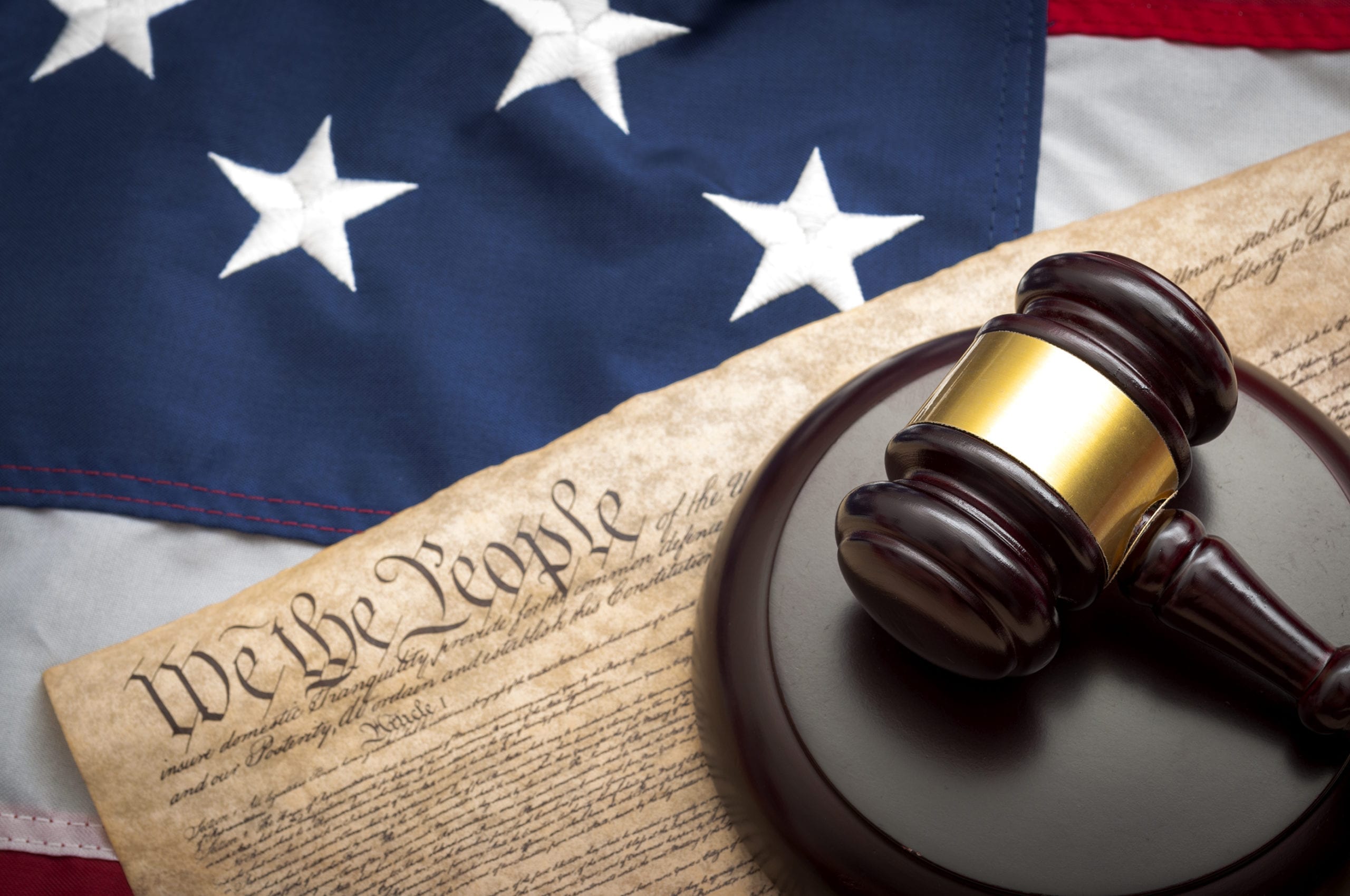Brian J Graber LLC is a Whistleblower lawyer representing Illinois, Indiana, and Michigan employees who are retaliated against in violation of the False Claims Act and The Whistleblower Reward and Protection Act for whistleblowing activities. The False Claims Act, (FCA), 31 U.S.C. 3730(h) and the Whistleblower Reward and Protection Act, (WRPA), 740 ILCS 174/4(g) provide employees with protection from retaliation for lawful acts taken to bring qui tam claims against their employer for defrauding the government or trying to stop their employer from defrauding the government.
The FCA was signed into law by President Lincoln because suppliers of goods and services to the Union Army were defrauding the federal government. The FCA imposes criminal and civil liability on companies that submit false or fraudulent claims to obtain payments from the federal government. The WRPA imposes civil liability on companies that submit false or fraudulent claims to the State of Illinois for payment. You should know your rights under the FCA and the WRPA if your employer submits false or fraudulent claims for payment to the federal government or the State of Illinois.
The FCA and the WRPA can be divided into two parts. The first part consists of bounty statutes that allow private citizens to bring lawsuits on behalf of the federal or Illinois government against companies that submitted false claims for payment. The second part of the FCA and WRPA prohibits employers from retaliating against their employees who file or prepare civil actions against their employers for defrauding the government or otherwise attempting to stop their employers from submitting false or fraudulent claims for payment to the government.
Qui Tam or False Claim Civil Actions Under the FCA and WRPA
Qui tams or false claims are civil actions brought by private citizens known as “relators” on behalf of the United States or the State of Illinois for damages against the companies that knowingly submitted false or fraudulent claims to the government for payment. If the qui tam or false claim civil litigation is successful the relator shares in a percentage of the recovery between 15% to 30% depending on whether the government intervenes in the lawsuit.

In the fiscal year ending September 30, 2019, the Department of Justice obtained more than $3 billion in settlements and judgments from qui tam cases involving fraud and false claims against the government. The FCA and WRPA recognize that employees of companies involved in defrauding the government are in the best position to discover evidence of fraud and are incentivized by receiving 15-30% of the proceeds of a civil action. A relator’s share in a successful qui tam civil action can be very lucrative since most false claims submitted to the federal and Illinois governments are in the millions of dollars range.
Qui Tam Burden of Proof
Generally, to establish civil liability under the FCA and WRPA a relator must show the following:
- Defendant made a statement in order to receive money from the government;
- The statement was false;
- The Defendant knew the statement was false; and
- The false statement was material to the government’s decision to pay or approve the claim.
The qui tam provisions of the FCA and WRPA have other very complicated requirements that make pursuing a qui tam claim without a lawyer very difficult.

Qui Tam Statute of Limitations
Under the FCA, 31 U.S.C. 3731(b) a qui tam civil action may not be brought – (1) more than 6 years after the date on which the violation of 31 U.S.C. 3729 is committed, or (2) more than 3 years after the date when facts material to the right of action are known or reasonably should have been known by the official of the United States charged with the responsibility to act in the circumstances, but in no event more than 10 years after the date on which the violation is committed, whichever occurs last.
Under the WRPA, 740 ILCS 175/5(b) a civil action under Section 4 may not be brought: (1) more than 6 years after the date on which the violation of Section 3 [740 ILCS 175/3] is committed, or (2) more than 3 years after the date when facts material to the right of action are known or reasonably should have been known by the official of the State charged with the responsibility to act in the circumstances, but in no event more than 10 years after the date on which the violation is committed, whichever occurs last.
Retaliation Claims for Protected Activity Under the False Claim Act and The Whistleblower Reward and Protection Act.
The FCA, 31 U.S.C. 3730(h) anti-retaliation provisions state as follows:
Any employee, contractor, or agent shall be entitled to all relief necessary to make that employee, contractor, or agent whole, if that employee, contractor, or agent is discharged, demoted, suspended, threatened, harassed, or in any other manner discriminated against in the terms and conditions of employment because of lawful acts done by the employee, contractor, agent or associated with others in the furtherance of an action under this section or other efforts to stop 1 or more violations of this subchapter [31 U.S.C. 3721, et seq.].
31 U.S.C. 3730(h)(1)
The WRPA, 740 ILCS 175/4(g) anti-retaliation provisions mirror the FCA’s anti-retaliation provisions and state as follows:
In general, any employee, contractor, or agent shall be entitled to all relief necessary to male that employee, contractor, or agent whole, if that employee, contractor, or agent is discharged, suspended, threatened, harassed, or in any other manner discriminated against in the terms and conditions of employment because of lawful acts done by the employee, contractor, agent, or associated with others in the furtherance of an action under this Section or other efforts to stop one or more violations of this Act.
740 ILCS 175/4(g)(1)
The plain language of both the FCA, 31 U.S.C. 3730(h)(1) and the WRPA, 740 ILCS 175/4(g)(1) anti-retaliation provisions are extended to independent contractors.
FCA and WRPA Retaliation Claim Burden of Proof
Since the language of the WRPA is nearly identical to the FCA and due to the lack of Illinois case law suggesting a different standard, federal courts have applied the FCA retaliation burden of proof to WRPA retaliation claims.
To prove a claim for retaliation under the FCA and WRPA, a plaintiff must prove:
- His/her actions were taken in the furtherance of an FCA or WRPA enforcement action and were therefore protected by the statutes;
- Hi/her employer had knowledge that he/she was engaged in protected conduct; and
- His/her discharge was motivated at least in part, by the protected conduct.
Generally, protected activity under the FCA and/or WRPA would include any lawful acts taken by the employee to bring a qui tam claim against the employer or any internal reports to management in an attempt to stop the company from making false or fraudulent claims to the government in violation of the FCA or WRPA.

Retaliation Claim Statute of Limitations
Under the FCA, 31 U.S.C. 3730(h)(3) a civil action for retaliation may not be brought more than 3 years after the date when the retaliation occurred. Under the WRPA, 740 ILCS 175/4(g)(3) a civil action for retaliation may not be brought more than 3 years after the date when the retaliation occurred.
Contact Brian J Graber LLC, in Illinois at (312) 291-4648 or Indiana at (574) 366-3069 or Michigan at (269) 230-6054 if you would like to learn more about your rights under the False Claim Act or the Whistleblower Reward and Protection Act.
